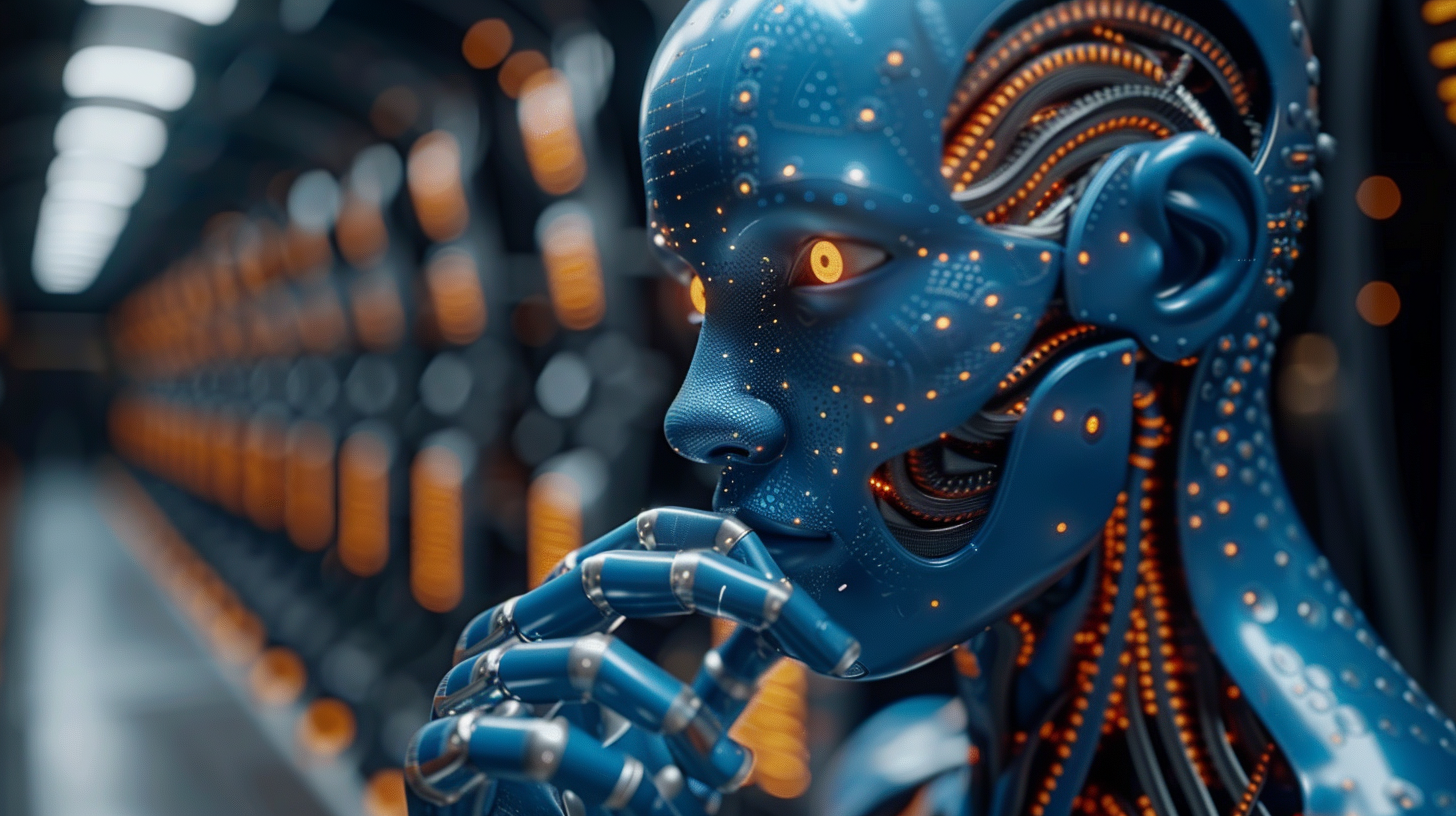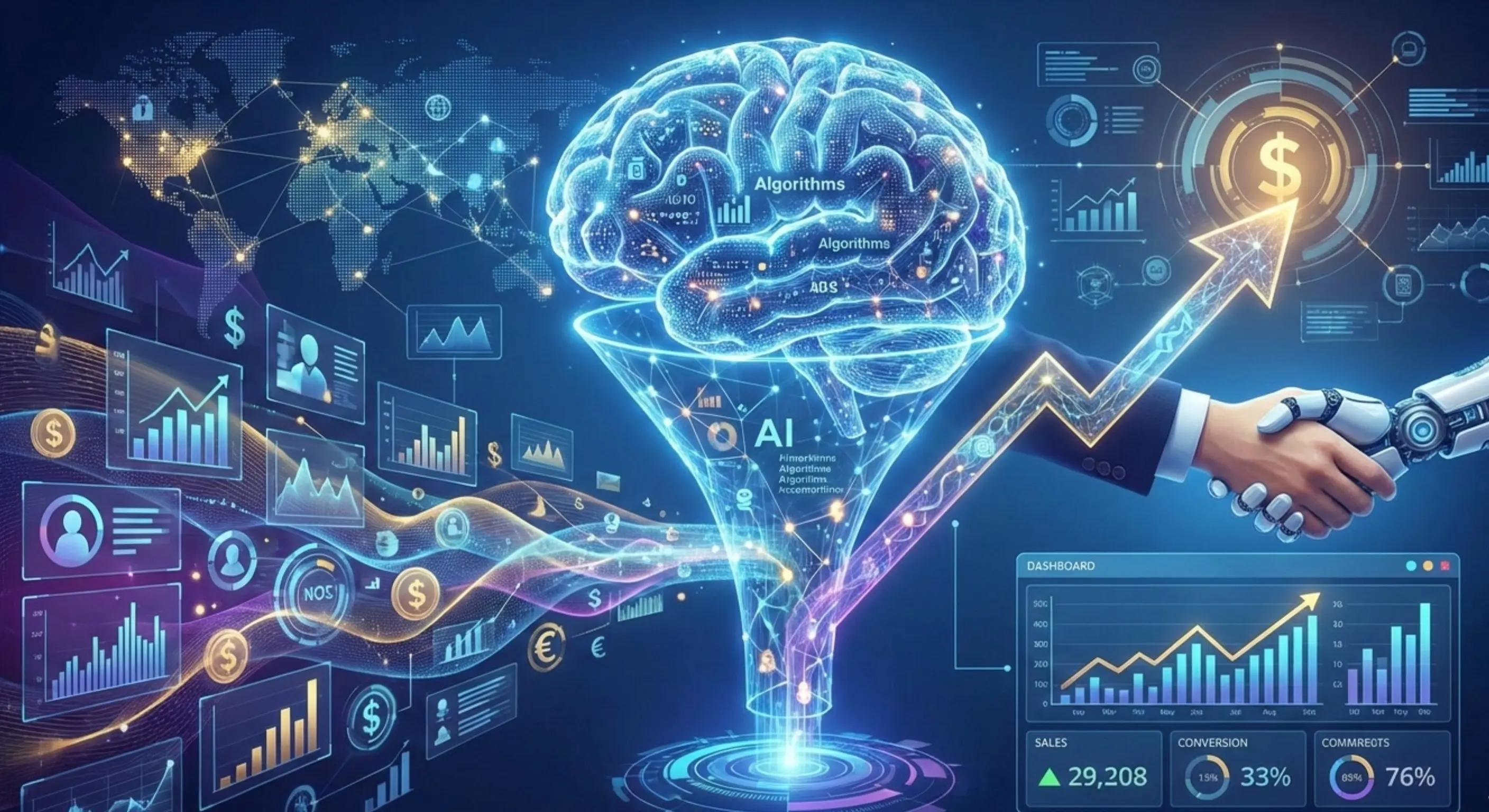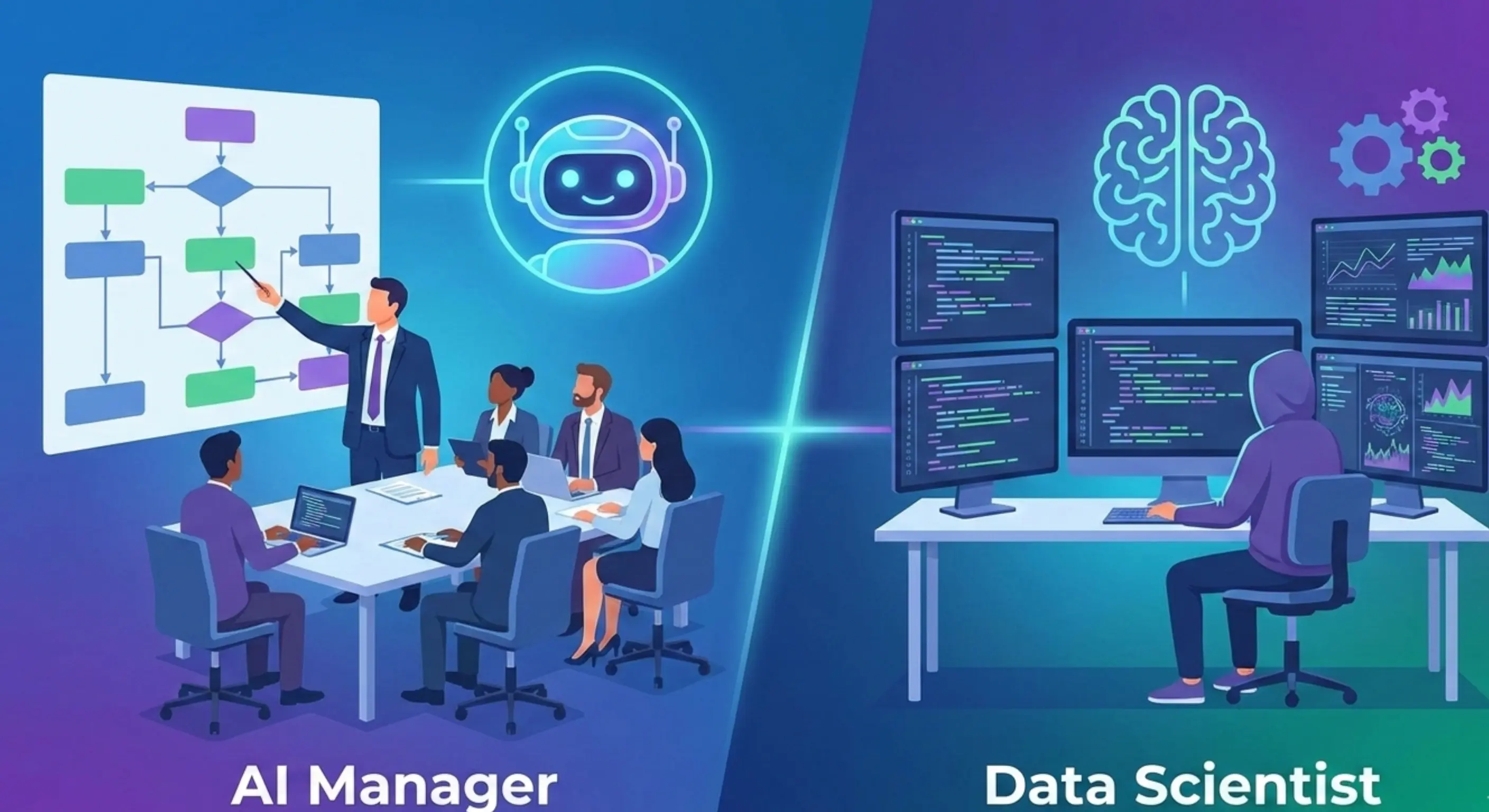
Social media has become the beating heart of digital marketing. From Instagram reels to TikTok campaigns, businesses rely on social platforms to engage customers, build communities, and generate sales. But in 2025, a new force is reshaping how brands approach these platforms: AI in social media marketing in Germany and across the globe.
Artificial intelligence is no longer a futuristic concept—it’s already powering content creation, ad targeting, customer engagement, and even influencer selection. For German businesses aiming to compete in a crowded digital landscape, leveraging AI tools is no longer optional; it’s a necessity.
In this blog, we’ll explore how AI is transforming social media marketing, the benefits it brings, the challenges to watch out for, and what the future holds.
The Role of AI in Social Media Marketing
AI in marketing refers to the use of machine learning, natural language processing (NLP), and automation to enhance campaigns. On social platforms, this means smarter data analysis, hyper-personalized ads, and instant customer interactions.
Why is AI in social media marketing in Germany so important right now?
- German companies are under increasing pressure to adapt to digital-first consumers.
- Social media users demand personalized, engaging, and fast responses.
- Competitors are already adopting AI-powered tools, making innovation vital.
According to reports, over 80% of marketers worldwide now use some form of AI in their campaigns, and adoption in Europe is growing rapidly.
Content Creation & Personalization
One of the most powerful applications of AI is in content creation. Tools like Jasper AI, ChatGPT, and Canva AI allow brands to generate text, graphics, and even videos in seconds.
For example:
- AI can write Instagram captions tailored to specific audiences.
- It can suggest blog headlines optimized for SEO.
- Visual tools can generate ad creatives that match current design trends.
Beyond creation, personalization is where AI shines. Algorithms analyze user behavior—likes, shares, and past interactions—to recommend content. This ensures that the right audience sees the right message at the right time.
Imagine a fashion retailer in Berlin using AI to deliver personalized TikTok ads showcasing winter coats only to users who searched for “best jackets in Germany.” That’s the power of AI-driven personalization.
Social Media Analytics & Insights
Data is the new currency of marketing, but raw data is useless without insights. AI transforms analytics by:
- Running predictive analytics to forecast campaign outcomes.
- Conducting sentiment analysis to understand customer emotions from comments and mentions.
- Creating easy-to-read dashboards that track KPIs in real time.
For businesses in Germany, this means cutting through the noise of thousands of daily interactions to uncover what really drives engagement.
Example: A café in Munich could use AI analytics to discover that posts featuring latte art outperform product-only images by 45%. With this insight, their team can adjust content strategy for higher ROI.
Customer Engagement & Chatbots
Gone are the days of waiting 24 hours for a customer service response. AI chatbots provide instant, 24/7 support on Facebook Messenger, WhatsApp, and Instagram DMs.
Benefits include:
- Automated replies to FAQs.
- Personalized recommendations (“Would you like to see similar products?”).
- Lead generation through conversational marketing.
In Germany, where customer expectations for efficiency are high, businesses using AI chatbots can build stronger trust and faster response rates.
Advertising & Targeting
Ad budgets can vanish quickly if campaigns aren’t optimized. AI ensures smarter ad spend by:
- Identifying lookalike audiences that match ideal customer profiles.
- Adjusting campaigns in real time to improve CTR (Click-Through Rate).
- Automatically creating dynamic ads tailored to user interests.
For example, an e-commerce brand in Hamburg selling eco-friendly products could use AI to target environmentally conscious users on Facebook, ensuring higher conversions with minimal waste.
Influencer Marketing
Influencer collaborations are big in Germany, but not every influencer delivers real value. AI tools now help brands:
- Identify influencers with genuine engagement.
- Detect fake followers or bot-driven likes.
- Track ROI from influencer partnerships.
Instead of guessing which TikTok creator might be effective, AI-backed platforms suggest influencers whose audience demographics perfectly align with a brand’s target customers.
Visual & Video Content Creation
Social platforms like TikTok, Instagram, and YouTube thrive on video. AI is now a key player in visual storytelling:
- Tools like Runway and Pictory AI help brands create professional-quality videos in minutes.
- AI editing systems adjust lighting, add subtitles, or even repurpose long videos into bite-sized clips.
- Image generators such as MidJourney create unique graphics for campaigns.
For businesses in Germany, this is a cost-effective way to keep up with the high demand for visually engaging content.
Benefits of Using AI in Social Media Marketing
The adoption of AI offers numerous advantages:
- Saves time – Content creation that used to take hours now takes minutes.
- Better targeting – Campaigns reach the right users at the right moment.
- Enhanced engagement – Personalized messages drive higher interaction rates.
- Data-driven decisions – Every choice is backed by real insights.
- Improved ROI – Smarter ad spend means higher returns.
For marketers learning through a Social Media Marketing AI Course, these benefits are a clear pathway to becoming more effective in their roles.
Challenges and Ethical Concerns
Despite its potential, AI comes with risks:
- Over-automation: Too many automated messages can feel robotic.
- Data privacy: With strict GDPR rules in Germany, mishandling data could lead to penalties.
- Bias in algorithms: AI can sometimes misinterpret cultural context or favor certain groups.
- Transparency: Consumers may question whether they’re interacting with a human or AI.
Marketers must balance automation with authenticity to avoid alienating their audiences.
Future of AI in Social Media Marketing
What’s next for AI in social media marketing in Germany?
- Generative AI will create entire ad campaigns, from visuals to copy.
- Predictive personalization will make ads feel almost human in their precision.
- AR and VR integration will blend AI with immersive experiences on platforms like Meta and TikTok.
- AI will help brands deliver sustainable marketing, aligning with Germany’s growing eco-conscious market.
Businesses that stay ahead of these trends will gain a competitive edge.
Practical Tips for Marketers
If you’re ready to embrace AI, here’s how to start:
- Pick one tool – Begin with an AI-powered content or analytics platform.
- Take a course – A Social Media Marketing AI Course or an AI Training Berlin workshop can provide hands-on skills.
- Balance creativity and automation – Use AI for efficiency, but keep the human touch in storytelling.
- Track results – Regularly analyze KPIs to see how AI is impacting performance.
- Stay updated – Follow industry blogs and news on AI to adapt quickly.
Conclusion
AI is no longer just a buzzword—it’s a strategic powerhouse reshaping how businesses connect with customers online. For brands in Germany, adopting AI in social media marketing in Germany is not just about keeping up; it’s about staying ahead.
From content creation and analytics to chatbots and influencer marketing, AI tools are enabling marketers to deliver more personalized, efficient, and impactful campaigns. Yes, challenges exist, but with the right approach and training, the benefits far outweigh the risks.
As we move into an AI-first era, the question isn’t whether to adopt AI, but how quickly you can integrate it into your digital strategy.





